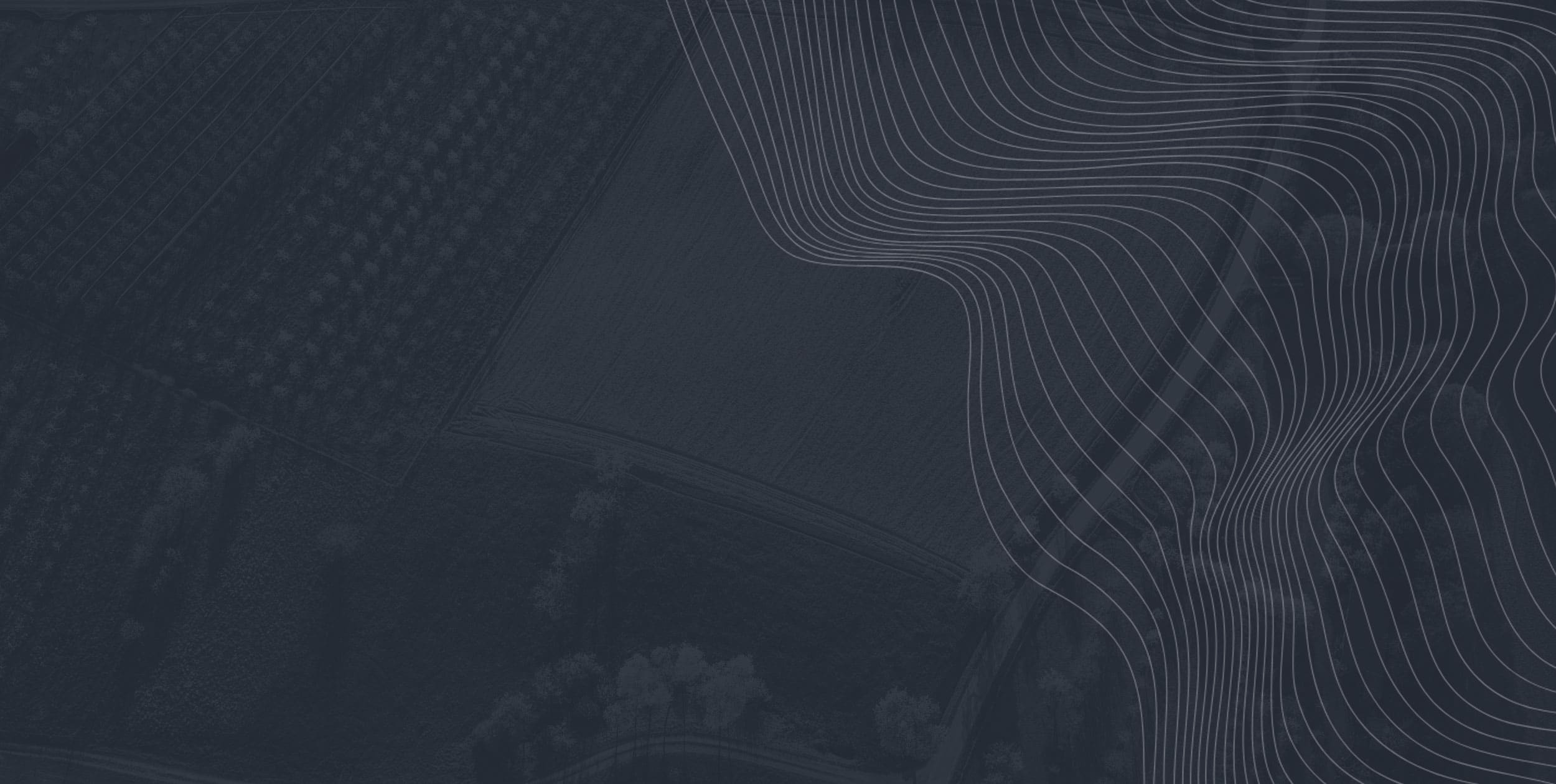Telecom trends via historical BDC coverage data
Use the Time Series Dashboard below to start reviewing telecom trends and ISP behavior from the past six versions of the FCC’s BDC coverage and CostQuest’s Broadband Location Fabric data to reveal where your next growth opportunities lie.
The Time Series Data Dashboard analyzes shifts in telecom trends across:
- Provider footprints
- Technology deployments
- Broadband Serviceable Locations (BSLs)
- Unit counts
Understanding the behavior of Internet Service Providers (ISPs) is essential to building growth strategies and making smarter decisions about whether to invest in network deployment or adjust customer acquisition strategies.
This is the first time broadband coverage expansion by provider and service type can be tracked at the individual location level across several time periods. Leverage the Time Series Data to analyze overall technology deployment trends, understand provider growth patterns, identify first-to-market expansion opportunities, adjust service offerings, create data-driven marketing analyses for customer acquisition, narrow down areas to target promotional campaigns, and more.
How to read the Time Series Data Dashboard
Key notes to reveal telecom trends
- Use the filters in the left-hand pane to focus your analysis by state or county as well as provider and technology type.
- If you prefer to view this data at the unit level, select the “View by Units” button in the upper right corner.
- To view the highest BSL or unit counts by Provider, State, or County, select the buttons in the upper right corner of the upper left graph.
- For graphs and KPIs with % change, this represents the increase or decrease in BSL, or unit counts from one version of the Fabric to another.
Data Vintages
Fabric / BDC Version 1
- The filing window opened on Dec 30, 2022 for this version of the Broadband Fabric.
- BDC Data Version 1 Vintage Oct 10, 2023
Fabric / BDC Version 2
- The filing window opened on Dec 31, 2022 for this version of the Broadband Fabric.
- BDC Data Version 2 Vintage Oct 10, 2023
Fabric / BDC Version 3
- The filing window opened on Jun 30, 2023 for this version of the Broadband Fabric.
- BDC Data Version 3 Vintage Nov 14, 2023
Fabric / BDC Version 4
- The filing window opened on Dec 31, 2023 for this version of the Broadband Fabric
- BDC Data Version 4 Vintage May 21, 2024
Fabric / BDC Version 5
- The filing window opened on Jun 30, 2024 for this version of the Broadband Fabric.
- BDC Data Version 5 Vintage Nov 11, 2024
Fabric / BDC Version 6
- The filing window opened on Dec 31, 2024 for this version of the Broadband Fabric.
- BDC Data Version 5 Vintage May 20, 2025
definitions used in Telecom Trend analysis
- Served – access to a low-latency Fiber, Cable, Copper, or Licensed Terrestrial Fixed Wireless offering of speeds greater than or equal to 100 Megabits per second (Mbps) download and 20 Mbps upload, or 100/20 Mbps (download/upload).
- Underserved – access to a low-latency Fiber, Cable, Copper, or Licensed Terrestrial Fixed Wireless offering of speeds less than 100 Megabits per second (Mbps) download and 20 Mbps upload, or 100/20 Mbps (download/upload) but greater than or equal to 25 Megabits per second (Mbps) download and 3 Mbps upload.
- Unserved – without any Terrestrial Broadband Service or with internet service offering speeds below 25/3 Mbps (download/upload) or latency greater than 100 milliseconds.
- BSL – Broadband Serviceable Locations.
How to access location-level BDC Coverage & Location Fabric Data
Visit TrueVerra.io to explore the Broadband Fabric ServiceLandscape Dataset—complete with the latest FCC BDC coverage and Location Fabric Version 6 data available at the county-level, and more.
© Copyright 2025 CostQuest Associates, LLC. All Rights Reserved.
CostQuest Associates, LLC (“CostQuest”) retains ownership of this report including all intellectual property rights, data, content, graphs & analysis. Reports produced by CostQuest may not be quoted, reproduced, distributed, published for any commercial purpose (including use in advertisements or other promotional content) without prior written consent. Journalists are encouraged to quote information included in CostQuest reports provided they include clear source attribution. For more information, contact [email protected].

